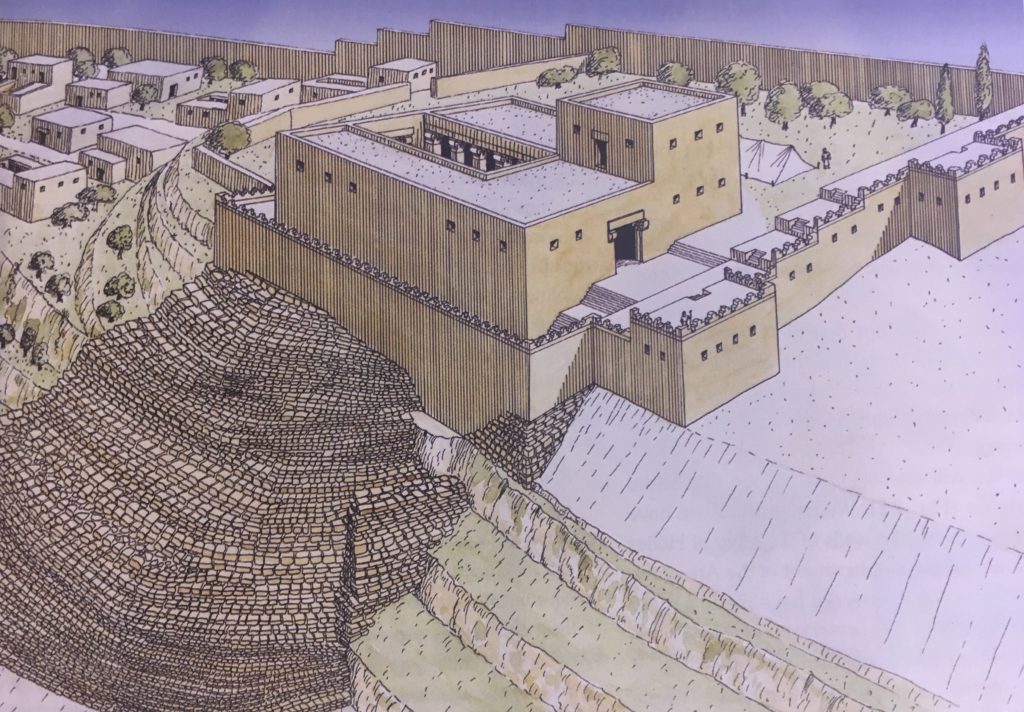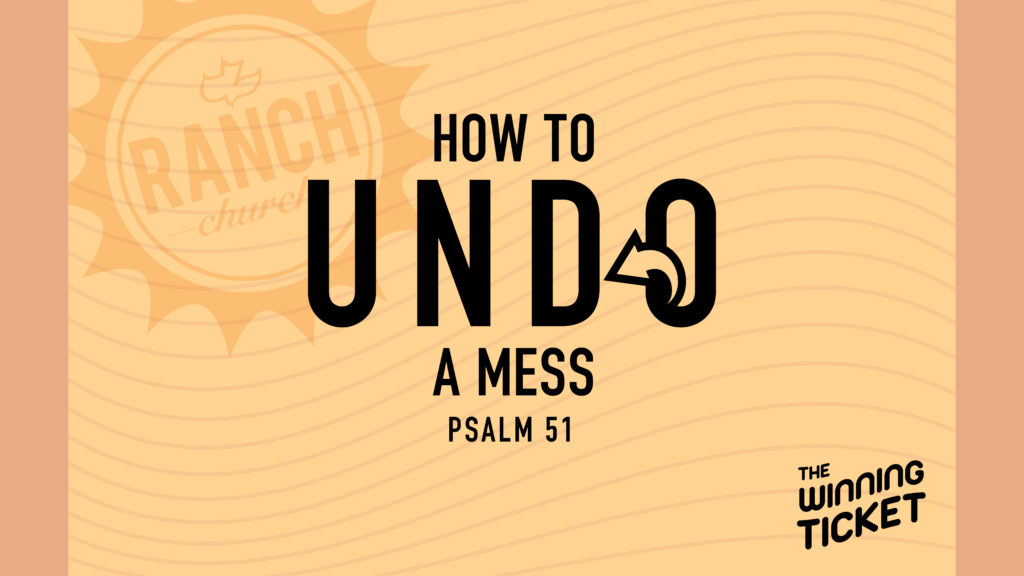Sometimes all we can ask for is God’s mercy
Sometimes all we can plead for is God’s unfailing love
Psalm 51 is a peek into a soul coming to God after inflicting terrible pain on others. The Psalm answers the question, in his darkest hour, how did David approach God?
If I’m right, all but a few words in Psalm 51 are found in the book of Genesis, making me think he memorized as a shepherd boy.
Here is a decent sketch of David’s House…

graphic is with special thanks to Leen and Kathleen Ritmeyer
God I Ask For Mercy
v.1
David appeals to 3 parts of God’s character:
- Mercy (cousin to the word for grace)
- Steadfast love (lovingkindness KJV)
- Abundant mercy (tender mercies KJV related to the word for compassion)
Self justification is gone, David’s only hope is in God’s true character.
The Hebrew word for blot is the same word spoken in Genesis 6:7 , when the text says God saw man’s exceeding wickedness and said, I will blot out man.
God sent a flood and chose to restart the human race, David asks God to blot out his rebellion, that is what the word transgression literally means, and restart his life.
v. 2-3
The word wash means to wash clothes. In the same way clothes can be washed and made clean, David asks God to wash his heart.
David uses the word thoroughly, and it is an interesting choice. In Hebrew the word is rabah, and is first used in Genesis 1:22 when God asks humans to rabah, or multiply. David asks God to rabah his cleansing, to multiply or wash his heart over and over again.
David’s hope is that God will bring rabah (multiple cleansings) over his inquity, Avon in Hebrew. Avon, the Hebrew word for inquity, is a serious admission of soul sickness, a confession that admits to being detached and capable of harming someone else, while thinking nothing of it in the moment, that is the kind of inquity avon is defining.
Sin is so common humans forget about it, and that is when trouble begins.
God I Made A Mess
v.4
David’s sanity and theology are grounded once again in scripture, for he confesses to his greatest problem, sinning against God.
But his choice of words is profound. He mentions the word evil, Ra in Hebrew, and that word has depth to it. It is the same word found in Genesis 2 when God placed boundaries on Adam and Eve—do not eat from tree of the knowledge of good and evil. Ra, oddly enough, is also the name Egyptians chose for their supreme god, and is the name given to Moses older half brother. Rameses is Ra-Moshe, which means to draw out evil. Whereas Moses means, to draw out, and by implication, God.
David takes full responsibility for his sin, and realizes he has participated in the schemes of Ra, the god of evil, sinning in the same way Adam and Eve sinned.
v.5
Brought forth in inquity has nothing to do with David’s mom being in sin, but is the correct theological way to communicate original sin.
v.6
Salvation means something, it means the heart can change, and grow in a glorious direction of good. God delights in truth residing in our in most being, for in that place we can hear what we need to hear, and receive what we nee to receive.
v.7-9
Hyssop is a super star essential oil, used for many purposes as a cleanser and antiseptic.
God Restores Joy
v. 10-13
Thirty years ago Keith Green, a radical follower of Jesus, made these words an anthem.
David knows his Bible, and knows exactly what he is saying. Create is Bara in Hebrew, the same word found in Genesis 1:1, and God created the heavens and the earth. The appeal is for God to create a new heaven and a new earth in his heart.
I’m confident David memorized Genesis as a little shepherd boy, because the words he uses are found in that book. Spirit, for example is ruwach in Hebrew, found in Genesis 1:2, and the Spirit moved upon the waters.
Jesus’ Hebrew name Yeshua, has the same root found here for salvation, the word Yesha means to be delivered. A willing spirit is understood as a generous or liberated one.
God You Must Do It
v. 14-17
No surprise again, bloodguiltiness goes back to Genesis 4:10, and oddly enough is spelled just like this—dam.
Singing to God makes no sense unless you have been delivered from sin. But the greater tragedy is finding little joy in the one who saved your soul, and being relunctant to express yourself in worship.
David is likely referencing Psalm 32:1-2 regarding guilt, an illustration that Paul will use in Romans 4:6 to communicate justification by faith, showing how David was helpless, and utterly dependent on God’s saving power.
The section glances back to Samuel’s rebuke of Saul, something David was too young to witness, but not something he was ignorant to, God is not pleased with sacrifice or burnt offering so humans can feel better about themselves. God welcomes the broken spirit, and the contrite heart, because those things are the nails of redemption.
Broken is a direct reference to breaking down a door, contrite means to be crushed.
Such words bring the power of the cross to mind, where Jesus was crushed and broken for our transgressions, God always the divine intiator, man always the hidden responder.
God I Care About What You Care About
v.18-19
God raised up David because he was a shepherd boy. The pyschology of shepherding, and the execution demanded, was training God’s king. The mundane and constant battle against hostile animals, and ferocious creatures, taught David how to look compassionately on others.
God’s great concern for his people leaves David in office. The king asks God to build up the walls around his people so they can worship him.

Current Teaching Series





